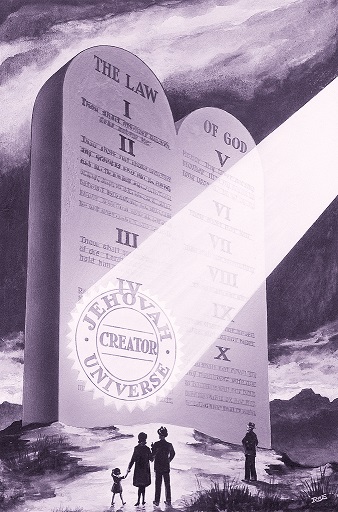Daily Lesson for Wednesday 11th of June 2025
In the story of Esther, we meet Haman, who is hungry for position and power. He is given a great degree of prominence in the empire, above all the other princes (Esther 3:1).
If we read Ezekiel 28:11-15 and Isaiah 14:12-15 about Lucifer, we can find some parallels with Haman, an evil antagonist to God’s chosen people, who refuses to bow to God’s supremacy. Satan’s overarching intentions are revealed in the story of the temptation of Christ, where he takes Jesus to a high place to show Him the kingdoms of the world (Matthew 4:8-11). Christ, as we have seen, came to redeem the world and claim it as His own—and He did it as one of us. Jesus is the kinsman redeemer, and the price He paid to redeem the world was exceedingly high.
In the book of Revelation, we see that Satan’s lust for power and worship brings this world to its final crisis. His deceptions convince the world to “marvel” and follow the beast (Revelation 13:3-4, NKJV), except for notable exceptions who refuse to worship him. With these people, he resorts to force.
Haman notices that Mordecai—one of God’s chosen people—would not defer to him or acknowledge what he believed to be his right to “worship.” He is “filled with wrath” (Esther 3:5-6, NKJV), and he becomes determined to eliminate all of Mordecai’s people from the face of the earth.
Read Esther 3:1-14, Revelation 12:14-17, and Revelation 13:15. What parallels do you find between these passages? How is John’s description of God’s remnant church like Haman’s description of God’s people?
The devil has laid claim to this world, but the presence of people who stay loyal to God—who keep His commandments—disproves his claim of complete supremacy. “When the Sabbath shall become the special point of controversy throughout Christendom, the persistent refusal of a small minority to yield to the popular demand will make them objects of universal execration.”—Ellen G. White, Signs of the Times, February 22, 1910.
|
Think about the “small” things that test your faith now. If you compromise on them, the “small” things, how will you do when the big test comes? |
 (0)
(0)



